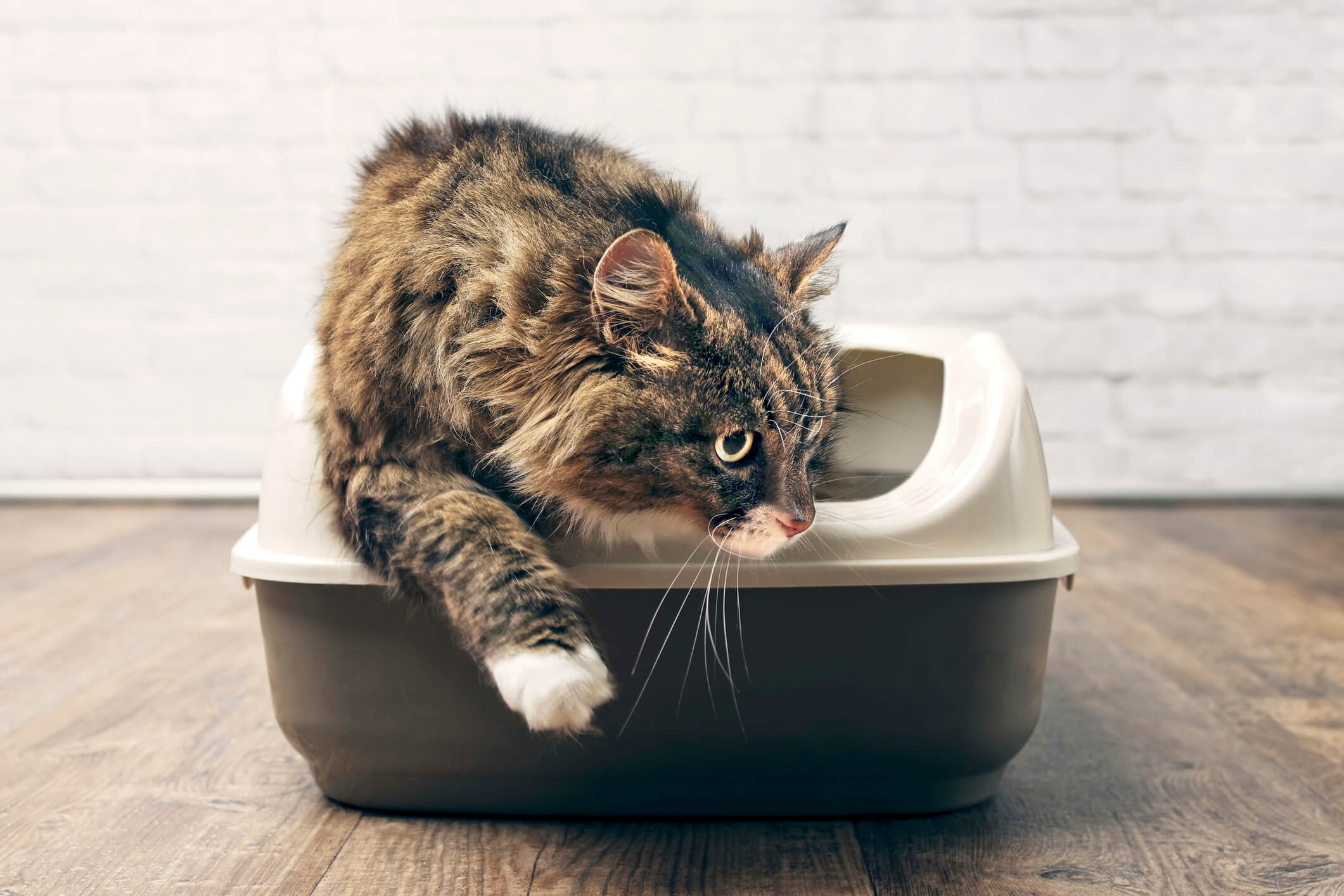
Liver Problems Could be Responsible for Your Cat's Delicate Tummy
When kitties make a mess on the carpet, owners don’t usually read too much into it. They assume the cat’s upset stomach was due to a hairball or simply a fluke. But then their precious kitty starts puking more, and the owner is constantly finding runny poops in the litter box. Eventually, the cat stops eating altogether. What gives?
Symptoms of indigestion are linked to a vast range of health conditions, most commonly liver disease. Here’s how the liver and digestive system are related, along with early signs to look for.
The liver’s role in healthy digestion
The liver fulfills many functions in your cat’s body. Most notably, it’s responsible for metabolizing, storing and distributing nutrients from food. Cats have an important pathway that connects the small intestine directly to the liver. Blood carries vitamins, minerals, protein, fat and carbohydrates to the liver, where these nutrients are properly absorbed into the body.
Since the intestine and liver are closely linked, liver problems often lead to poor digestive health. The liver is susceptible to a number of diseases that may cause inflammation, infection, fat deposits or fluid buildup. These conditions mess with the liver’s ability to process nutrients and distribute them to cells throughout the body.
The liver is also the first organ to become damaged when a cat eats poisonous substances or prescription drugs. Your cat’s liver can eliminate toxins from the body, but overloading it with too many harmful substances can quickly damage the liver cells. Cats have fewer pathways for neutralizing toxins and pathogens, which puts extra stress on the liver.
Signs of liver problems in cats
Pet parents won’t know for sure if their cat has liver problems simply by looking at them. Cats are good at hiding their discomfort, and the symptoms they do exhibit overlap with many other health conditions.
Seek help from a vet right away if your cat shows any of these signs:
- Diarrhea: Cats with liver problems experience diarrhea on a regular basis. The liver is incapable of properly absorbing nutrients from the small intestine, which means a lot of essential vitamins and minerals are exiting the body, instead. Recurring diarrhea can quickly dehydrate your kitty and become fatal. Take them to an emergency clinic if the diarrhea lasts several days or longer.
- Loss of appetite: Some cats are naturally picky eaters, but a drastic reduction in appetite is a clear sign that your kitty is experiencing health problems. Loss of appetite is closely related to hepatic lipidosis, otherwise known as fatty liver disease. Cats who go several days without eating develop fat deposits in the liver cells, which can result in liver failure if left untreated for too long. Monitor your cat’s eating behaviors and seek medical help if they quit food cold turkey.
- Constipation: A kitty that isn’t eating enough will experience irregular bowel movements. Owners might notice less cat poop than usual in the litter box, and stool that’s present will appear in small, rock solid pellets. Be on the lookout for other signs of constipation like straining to defecate and frequent trips to the litter box without producing any stool.
- Vomiting: This is a clear indicator that food isn’t sitting well with your kitty. Liver problems make it difficult to digest fat, protein and carbohydrates. Even if the cat’s appetite is normal, there’s a good chance your kitty could become malnourished due to poor absorption of nutrients. Other than vomiting, cats with liver problems are often nauseous. This symptom is hard to spot, although nausea is sometimes accompanied by drooling.

How to restore their digestive health
Liver problems in cats always require medical intervention. Treatment depends on which liver disease the cat is experiencing and what caused it. Malnourished kitties are given nutritional support via syringe or feeding tube. Cats that have become dehydrated from vomiting and diarrhea receive intravenous fluids. No matter which symptoms are present, your kitty needs a vet in order to get better!
Once a cat is allowed to leave the vet hospital, you’ll receive specific feeding instructions to help your feline friend return to normal digestive and liver health. Cats recovering from liver problems require a diet that’s palatable and easy to digest and won’t overload the liver with too much fat or protein. Vets recommend feeding sick kitties several small meals throughout the day to control the flow of nutrients into the liver.
Pet parents that act fast can easily save their kitties from liver disease. The key is monitoring your cat for changes in behavior and eating habits. Cats with liver problems have a very good outlook when they receive early intervention. The liver is a resilient organ—take good care of it, and your feline companion will bounce back better than ever!


